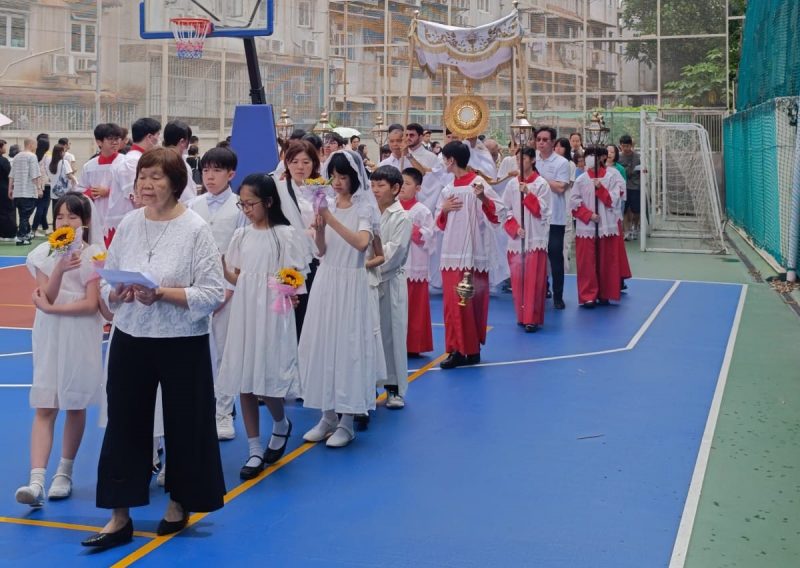Marco Carvalho
The future of Macau is increasingly interconnected with the development of the Greater Bay area, but the process of the SAR regional integration is not without risks. Questions such as business ethics in a thriving space – one that promises great opportunities – are seen by the Macau Ricci Institute as something to worry about. The Jesuit think tank is dedicating one of its upcoming events to the issue of disseminating better Corporate Social Responsibility practices in the Greater Bay Area region.
The Ricci Institute of Macau will promote, on September 29th, a virtual forum on the evaluation and dissemination of Corporate Social Responsibility (CSR) practices in the Greater Bay area. The initiative’s main speaker is Jenny Guan, president of the Macau Institute for Corporate Social Responsibility in Greater China. The event will focus on institutional environments and what can change in Corporate Social Responsibility practices with a greater involvement of local businesses in the development of the Greater Bay Area.
The way limited resources are used and the partners of Corporate Social Responsibility practices are chosen have become issues that are seen as a priority both by private entities and regulatory authorities. Corporate Social Responsibility – the voluntary contribution that companies give to sustainable development beyond legal requirements – is inseparable from the idea of business ethics and, in a scenario of increased opportunities such as the Guangdong-Hong Kong-Macau Greater Bay Area, it is more and more important to ensure that reports on Corporate Social Responsibility practices are as transparent and trustworthy as possible, Father Stephan Rothlin, director of the Macau Ricci Institute argues: “I have been promoting business ethics and CSR in Macau and Beijing since 2000. A key issue to further develop Ethics and the Conduct of Business are the Corporate Social Responsibility reports. Some years ago CSR reports have often been used as dishonest green washing PR tools. It appeared just a matter of paying lip service while those firms continued to violate labor rights, to pollute the air, soil and water,” the Swiss priest told O Clarim.
Nevertheless, the panorama has been gradually changing in the People’s Republic of China and Macau could benefit from such changes, Father Rothlin says. The director of the Macau Ricci Institute believes that the SAR can play a leading role in promoting Corporate Social Responsibility practices much more transparent and sustainable: “With the growing consumer movement in Macau and in Mainland China there has also been a growing demand for genuine CSR reports. Consumers wanted to know under which concrete conditions their products are produced and showed outrage when they realized that the workers are still sometimes massively abused, basic security measures just simply ignored. Therefore, the progress of genuine CSR reporting which gained considerable ground in the Guangdong province may have also had a beneficial effect on Macau,” Stephan Rothlin argues. “Macau has the potential to become even the market leader of CSR reporting in the region. The reason is precisely that Macau has impressive local charitable institutions like Caritas going all the way back to the foundation of the Santa Casa da Misericórdia by the first generation of Jesuits who cared especially for vulnerable people like orphans, disabled people and widows whose rights got easily violated. Such an ethical dimension risks getting ignored easily in the midst of fierce competition and corruption,” the director of the Ricci Institute of Macau claims.


 Follow
Follow


